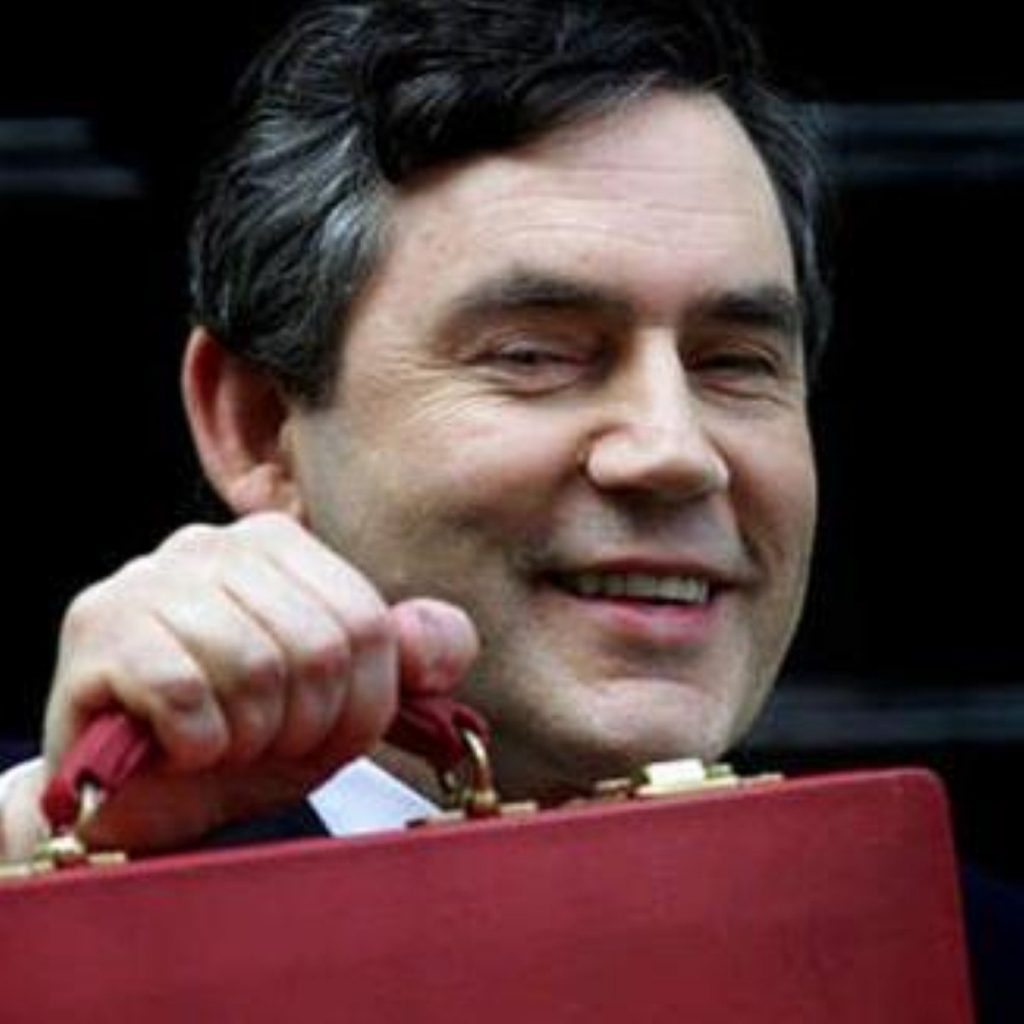Brown: Budget to highlight economy not leadership bid
The chancellor Gordon Brown will not use next week’s Budget to launch his bid for Labour leadership, he has insisted.
Instead Budget 2007 will reflect a “growing and balanced economy”, the chancellor said in an interview.
“I don’t think people will be in any doubt when they see the figures that Britain has come through the challenges it has faced and that the economy is growing in a balanced way,” he told the Financial Times.
Businesses are set to benefit from Budget 2007, as Mr Brown attempts to give a further boost to UK markets.


He continued: “We have already cut corporation tax from 33 pence to 30 pence. We have cut capital gains tax for business assets from 40 pence to ten pence for long-term investments.We want Britain to remain one of the most competitive countries in the world.”
The public will see the positive benefits of the UK’s economy, Mr Brown added, but justified his decision to cap wage inflation. “The one thing we will never do is take risks with the stability of the economy, allowing partisan positions to win the day,” he stressed.
Wednesday will mark the 11th Budget for the 56-year-old chancellor, now the longest standing incumbent of the office for more than 100 years. It is widely held this will also be Mr Brown’s last Budget, with the chancellor hoping to take over as prime minister in the summer.
He insisted he would not use the event to launch his leadership campaign, despite speculation this could be his most political Budget yet.
“The time for setting out one’s stall for the future will be when actually there is a leadership election. People want us to get on with the job of governing and then sort out these other issues at a later time,” Mr Brown said.
Despite this, the chancellor found time to comment on Tony Blair’s foreign policy and the government’s commitment to preemptive action and humanitarian intervention.
“You’ve got to be prepared to accept that this is a new world we are living in. Conflict does not just take place between states. The responsibility to protect … means you may have to operate behind borders,” he argued.









